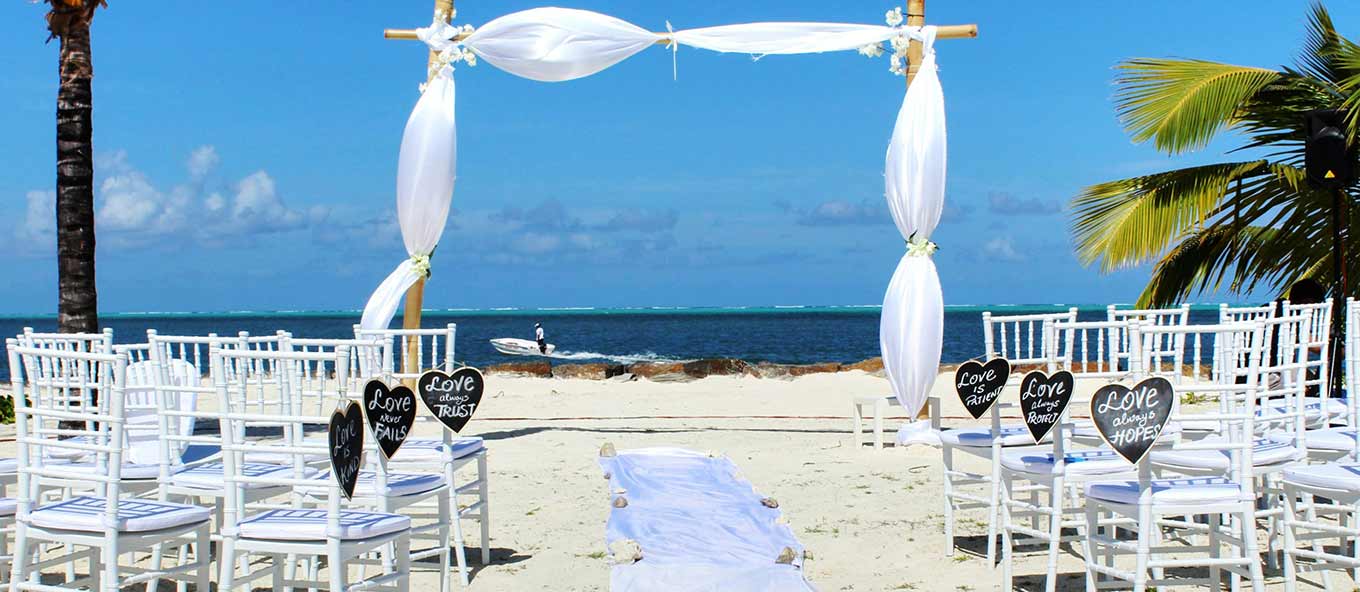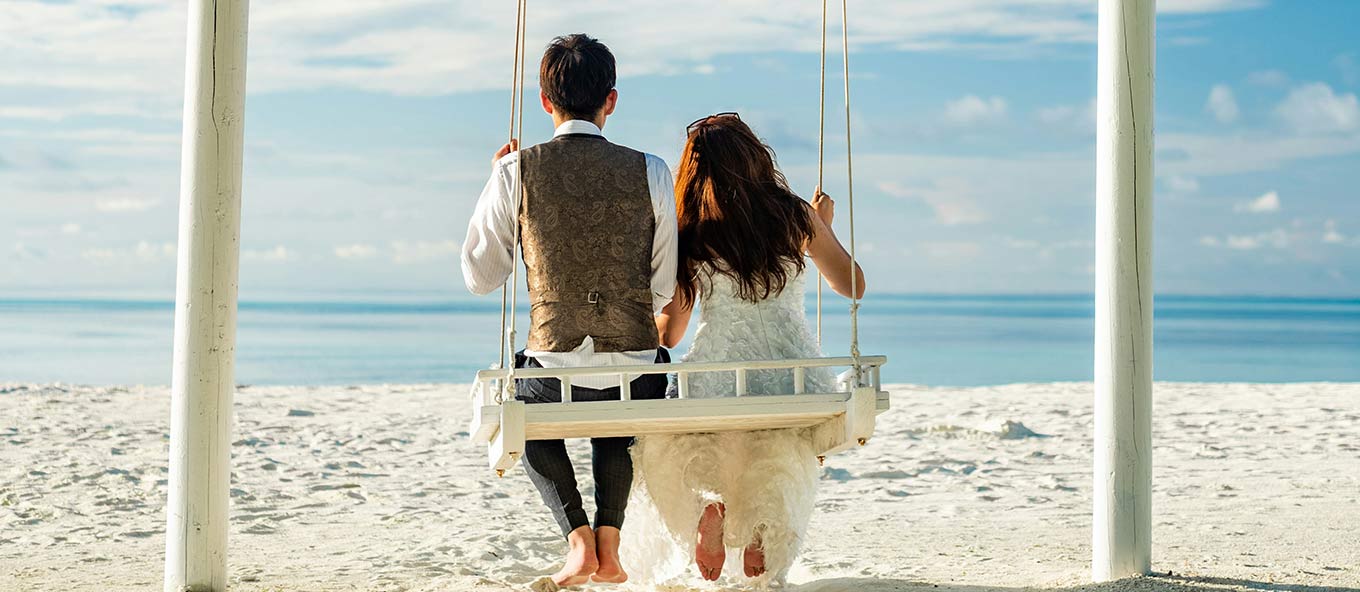Everything you need to know about getting married in Spain

Table of contents:
- What are the legal requirements for getting married in Spain?
- Best places and venues to get married in Spain
- Is it cheap to get married in Spain? What are the costs…
- Are there any traditions when getting married in Spain?
- When is the best time for a Spanish wedding?
- Buying a property in Spain after marriage
What are the legal requirements for getting married in Spain?
- Residency: many regions in Spain will require at least one member of your couple to have been a resident for at least two years before the wedding.
- Documentation: you will need to have the correct legal documentation, including passports and birth certificates. Non-Spanish documents may need to be translated and legalised.
Legal requirements for non-residents
Getting married in Gibraltar
How to legally marry in Spain as a Non-national
- The Catholic Church (at least one partner in the couple must be catholic & neither party can be divorced or previously married in a Catholic church.)
- A Civil Ceremony (which can only take place if you or your partner have been a Spanish resident for at least 2 years.)
- Both civil and Catholic ceremonies must be carried out in legally approved locations/churches.
- You can have a blessing (non-legal ceremony) in your chosen place of worship (or any other location).
- Same-sex marriages are legal in Spain.
- To secure a church booking, you may be required to visit the organisers in person several times (either by you and your partner or a wedding planner).
- Some churches require that they meet the couple in person at least a week before the wedding takes place.
- Some documents will be invalid if they are more than 6 months old.
Best places and venues to get married in Spain
- Church weddings:
The most traditional setting for a Spanish wedding is in a traditional church. If you’d like to add a historical element to your special day, then getting married in a church or monastery might be the perfect option for you. To give you a sneak peek of what Spain has to offer, below is one of the most infamous historical wedding locations in Spain:
This breathtaking abbey can be found in the heart of Navalus in Aragón. The abbey is located in the Monasterio de Piedra Park (Monastery of Piedra), so is surrounded by waterfalls, caves, and all manner of flowers and trees.
Weddings here can be held both inside, and outside, the Abbey. With architecture dating back 800 years this beautiful location encompasses the historical charm of Spain.
Of course, Spain has many more churches and monasteries to choose from, if you’d prefer an inner-city location don’t worry, not all of Spain’s churches are in such ‘natural’ locations.
- Beach weddings:
Most people are likely to picture a beach wedding when speaking about a Spanish wedding. This is unsurprising given Spain has almost 5,000km of coastline, complete with breathtaking beaches.
Despite its European setting, many beaches in Spain appear more tropical, making Spanish beaches extremely popular for destination weddings.
- Forest weddings:
If you’ve always dreamed of having a forest wedding, then Spain may be the ideal location for you. These weddings encompass a fairytale atmosphere and don’t require much additional decoration. The enchanting vegetation and sunlight will already add beautiful elements to the setting.
Is it cheap to get married in Spain? What are the costs…
Paperwork and other administrative costs
Administrative costs will vary depending on the Church, but they will usually cost between €200 and €300 (£171 - £275).
Similarly, the cost of the associated paperwork will vary. However, it is likely to cost between €100 and €300 (£85 - £275).
Venue costs
The venue you choose for your wedding will have a significant impact on the cost of your wedding. If you choose to have your wedding in a Church then you will be expected to donate anywhere between €300 and €700 (£257 - £600) to the Church.
If you choose to have a non-catholic wedding, the venue options have a wider variety of cost options to suit your budget. As of September 2023, the average cost of a venue (for 130 guests) was €20,000 (which is approximately £17,140).
Reception space/marquee costs
If you want to host a separate reception ceremony or dream of an outdoor marquee, you will need to spend around €1,950 (£1,670).
Some venues offer couples a ‘package’ which includes reception space and traditional banquet-style and open bar catering for €14,000 (£11,996), however, this may limit your creative freedom when it comes to menu and decorations.
Accommodation costs
Small Wedding Party: €5,000 (£4,284)
Large Wedding Party: €15,000 (£12,852)
Catering costs
All of these prices are starting costs, prices will differ depending on your criteria.
Traditional Catering (3-course meal, or 2-course meal and canapés) = €6,000 - €10,000 (£5,140 - £8,570).
Food/Sweet Trucks = €550 (£470)
Wedding cake costs
Wedding cakes in Spain tend to be cheaper than in the UK.
Of course, a fondant-covered cake will be more expensive than a ‘naked’ cake, but you will be looking at spending anywhere between €200 (£171) and €900 (£771).
Flower decoration costs
All of these prices are starting costs, prices will differ depending on your criteria.
Basic Floral Decorations = €600 (£514)
Quality Floral Decorations = €800 (£686)
Luxury Floral Decorations = €2,500 (£2,142)
Music costs
All of these prices are starting costs, prices will differ depending on your criteria.
The average cost of live music for Spanish weddings is €750 (£643).
If you want a live band to perform at your wedding, you will be looking to spend anywhere between €3,000 and €6,000 (£2,570 - £5,140).
Attire costs
All of these prices are starting costs, prices will differ depending on your criteria.
Dress and Accessories = €1,500 (£1,285)
Suits = €1,000 (£857)
Bridesmaid Dresses = €1,750 (£1,499)

Are there any traditions when getting married in Spain?
When is the best time for a Spanish wedding?
The Spanish wedding season typically starts in late Spring and ends in early Autumn, as this is when the weather is most favourable. When planning your destination wedding, make sure to keep Spanish local holidays and festivals in mind when choosing a date.
Spaniards love to celebrate, and local events could impact your ability to secure your dream venue or accommodation. We advise you to start looking at venues at least six months in advance, to give yourself enough time to secure your wedding location, before trying to organise any details.
Planning your Spanish honeymoon
One positive outcome of having your wedding in Spain will mean you are already in the perfect location for your honeymoon.
Embarking on a honeymoon in Spain will see you on a journey through diverse landscapes, and offer new experiences at every corner.
Whether you wish to spend your time strolling hand in hand through streets rich with history and art, lying on sun-drenched beaches in the Costa del Sol, or savouring tapas in hidden alleyways, Spain provides a romantic escape for every couple.
Buying a property in Spain after marriage
When you’re buying a property in Spain as a newly married couple, the people helping you might ask for your husband or wife’s name.
If you and your partner are from different countries, they’ll check which country’s governing law you follow for your matrimonial property arrangement. But if you’re both from the same country, telling them how you plan to share things is enough.
Let’s say you both decide that even after getting married, you each own your investments. If you’re buying a house together, they’ll ask how much each of you owns. For example, is it 50-50?
You don’t need to give lots of details about how you and your partner decide to share your investments or the property in this case.
The house will be officially listed in the Land Registry under the buyer’s name (either yours or your partner’s or both) “following the rules you and your partner decided on when you got married”. This means when you want to sell the property you bought together, you won’t have to explain everything again. It’s all written down from when you first bought the house.
If you’re thinking about buying a new home in Spain or just want a change, our experts are ready to help.
They can give you all the information you need and make sure everything goes well when you’re buying a house in Spain. Talk to one of our friendly experts today!
Here’s how EasyFX can help support you and your wedding in Spain
Ready to buy a property in Spain?
Buying a house in Spain can be an exciting and rewarding experience with careful planning and professional assistance. Embrace the unique charm and lifestyle Spain offers, and with the right guidance, you can turn your dream of owning a property in this beautiful country into a reality.
Remember to stay informed, seek expert advice, and immerse yourself in the local culture to make the most of your Spanish property ownership. Happy house hunting.
Sign Up for Free Today!Regulated by the Financial Conduct Authority.
All client funds are held in segregated safeguarding accounts.
Our advisors are available whenever you need them.
A wealth of foreign exchange experience at your fingertips.





